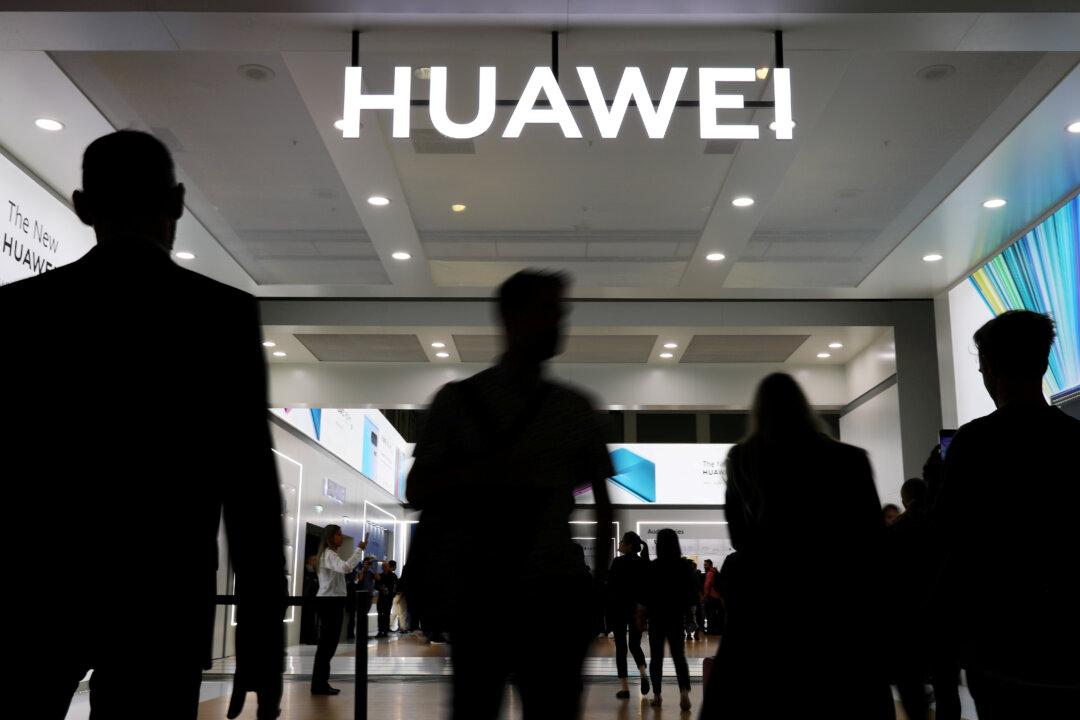The Federal Communications Commission (FCC) has formally designated Chinese companies Huawei and ZTE as national security threats, a move that bars U.S. telecommunications providers from tapping into an $8.3 billion federal fund to buy equipment from the firms.
The measure formalized a decision from November 2019, when the regulator voted unanimously to issue the declaration. It also voted at the time to propose requiring rural carriers to “rip and replace” Huawei and ZTE equipment from their existing networks.





